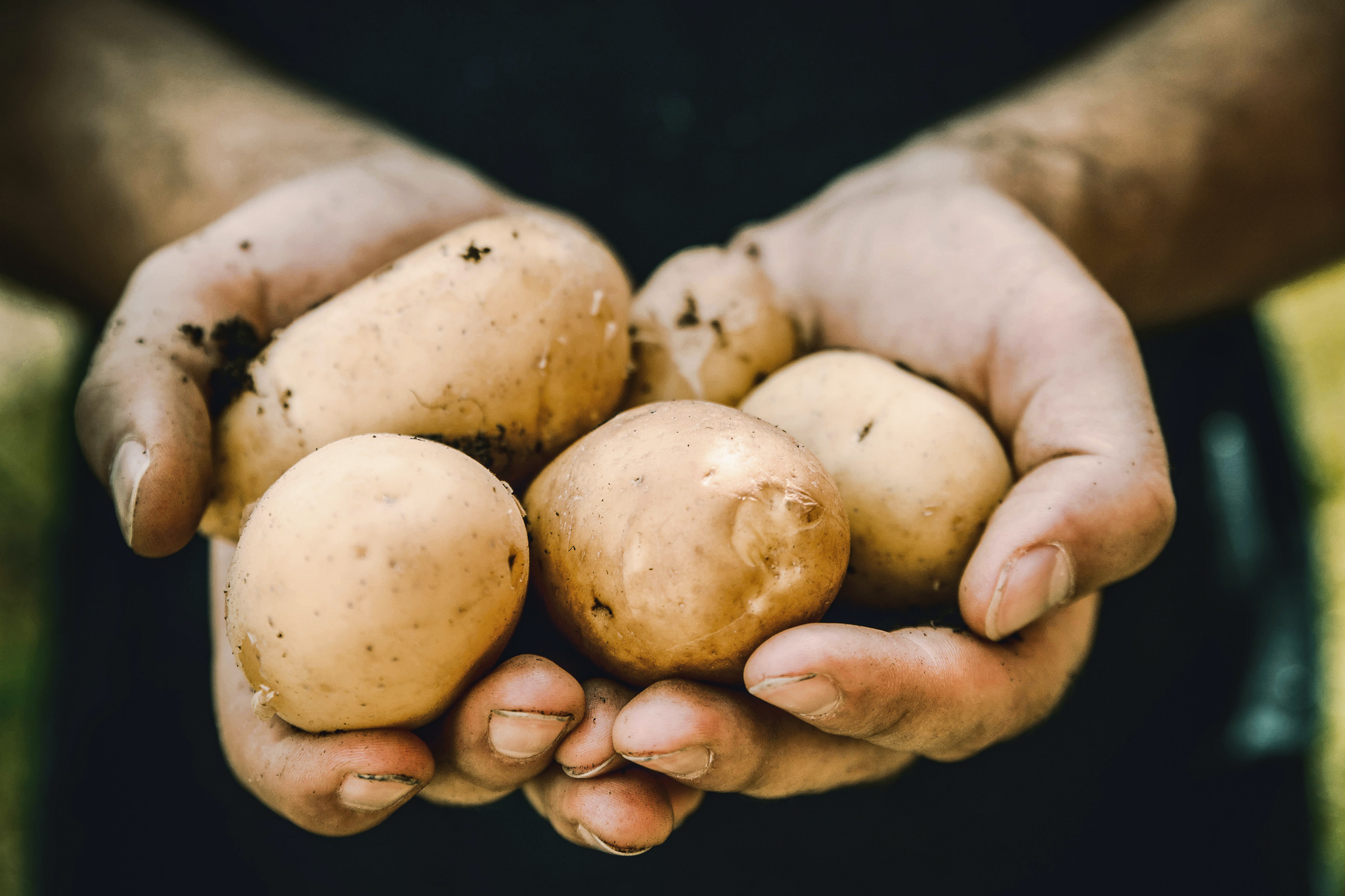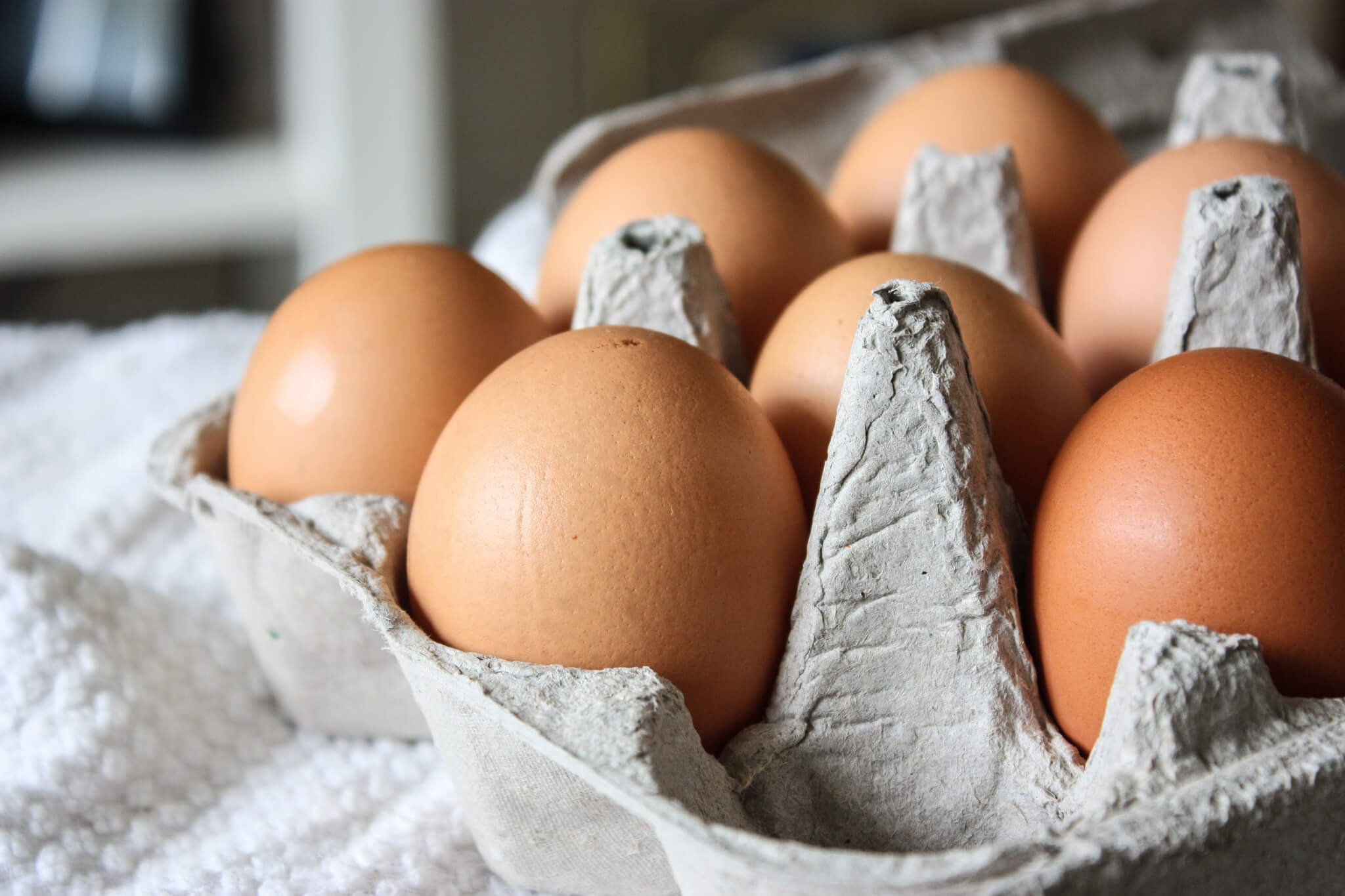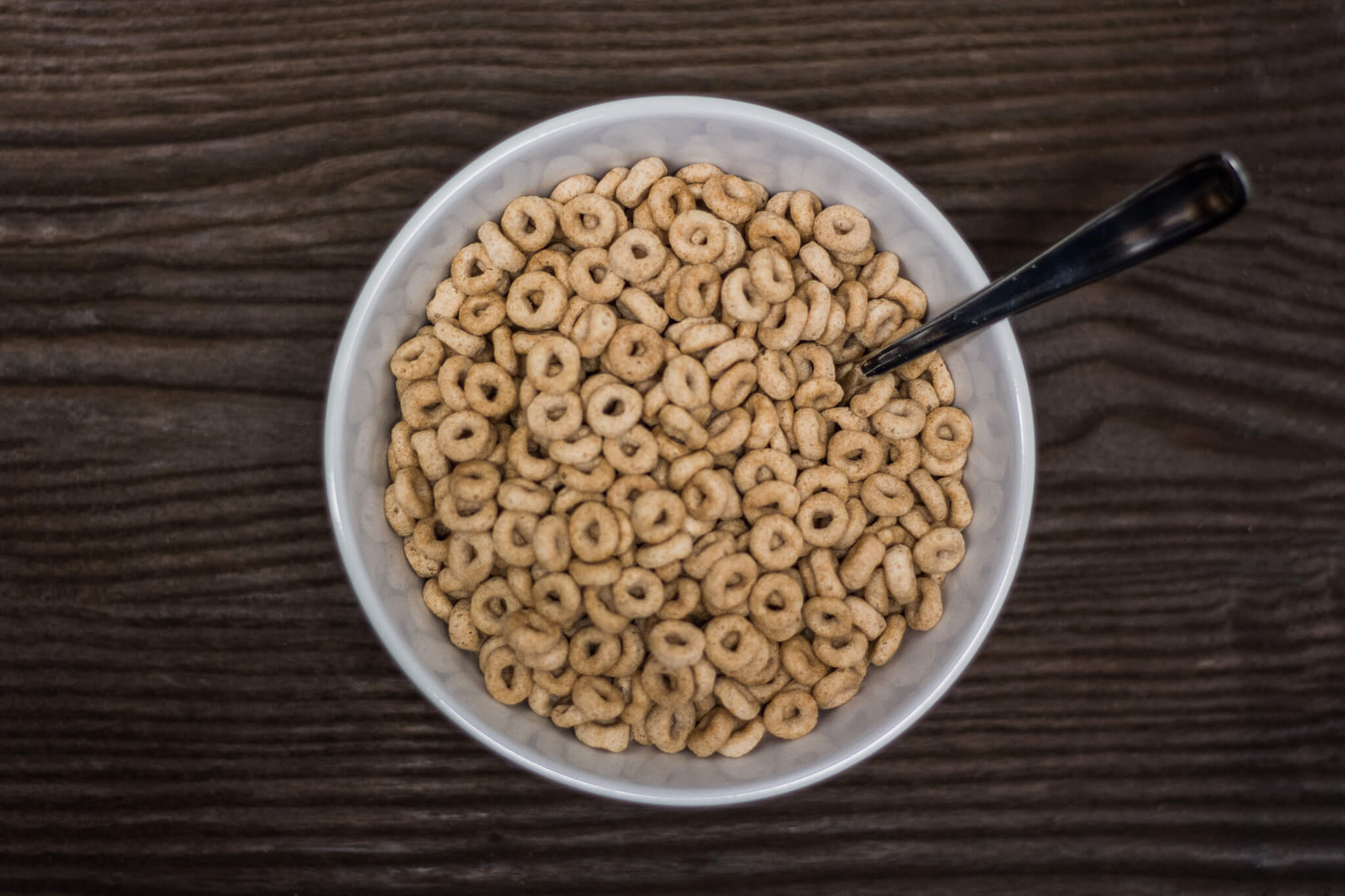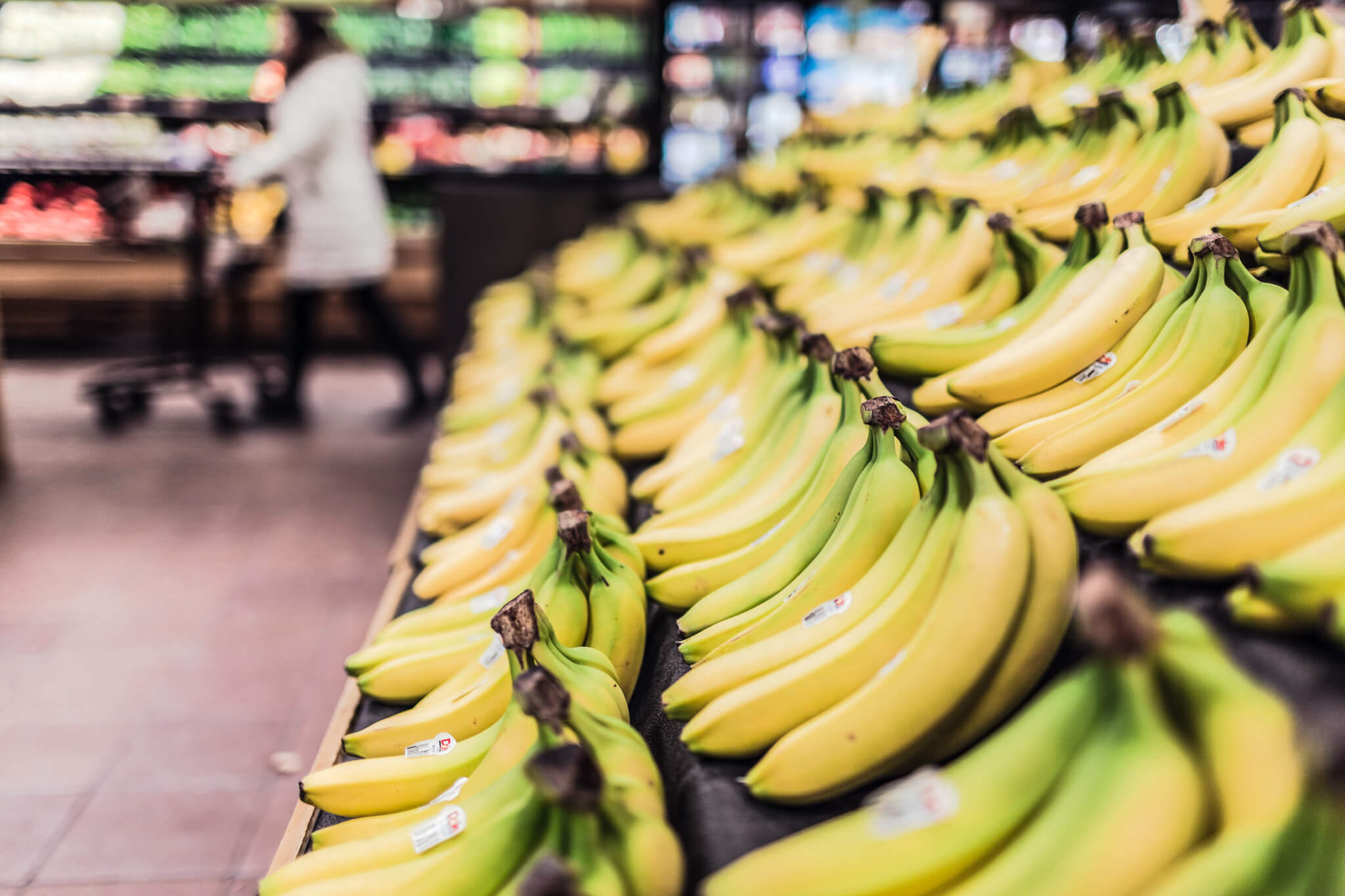After reading Monday’s post and learning that “expiration” dates on your food don’t really mean all that much, you might be looking at your refrigerator a little differently. Maybe you’ve been meaning to clean it out and now you’re thinking “Hey, Jordyn said all of this expired food is still fine.” First of all, don’t you put words in my mouth. I said it’s probably fine. Now, let’s dive into how you figure out if it’s fine, what foods last well beyond the use-by date, and how to keep your food safe as long as possible.
It’s great that we can safely eat a lot of food after the package says we should have used it. However, more important than eliminating food waste entirely is keeping you safe and healthy. If a food is moldy or weirdly colored, smells bad when it’s not supposed to, has a different taste or texture than it should, or is otherwise “off”, please throw it away. Even if it hasn’t passed its expiration. Also, if it’s not frozen, meat probably shouldn’t be eaten past its use-by date.
With that disclaimer out of the way, we can discuss foods that can be eaten well after those dates
Yet again, as long as it’s not visibly bad, most pantry goods are good to go. They might have lost some of their crunch, or their flavor might be dulled, but cereals, pasta, rice, and legumes, are nice and long-lasting, especially if the container is sealed. Canned food is often safe for years after, as long as the can isn’t dented or rusty and has been stored properly. How someone can keep a bag of chips around ‘til it’s expired is beyond me, but those are also going to be safe for a good long while.
Refrigerators are kind of another story. The reason we keep foods in the refrigerator in the first place is because they are perishable. However, an actual food microbiologist was quoted saying she would eat yogurt 1-2 weeks after the use-by date, as long as it smells and looks fine. That seems fairly standard for dairy products. Cheese, especially hard cheeses, are long-lasting as well. Even if a hard cheese has molded some, it’s safe to cut off the mold and keep right on eating. I grew up in a “Just cut it off” household and I’m perfectly fine. It’s recommended you don’t go very far beyond the use-by date of soft cheeses though. Important note: keeping food safe in the fridge means keeping it at or below 40°.
According to the USDA, if your freezer is set to 0°, your food will always be safe. Over time, the quality might suffer (freezer burn, diminished flavor, etc.), but it will be safe. Freezing temperatures halt the growth of bacteria, yeast, and molds. For the most part, it doesn’t kill bacteria though. As long as the food was safe going into the freezer, it’s safe when it comes out. However, once you have thawed something, especially meat, it shouldn’t be frozen again. You can freeze almost anything, including eggs without their shell, milk, and condiments, among other foods. They might not taste as good when they come out, but if you’re afraid you won’t be able to eat something before it goes bad, shove it in the freezer and go about your business.
Food, like the human body, naturally breaks down over time
It gets a little soft and wrinkly, just like us. But we don’t just write ourselves off. We use certain behaviors to prolong our fresher appearance and ability to stand up for extended periods of time. We can do the same thing with food, especially produce. Certain storage methods go a long way to extending the life of fruits and veggies.
Ethylene is a gas naturally produced by plants. This gas is what leads to ripening in most fruits and vegetables. Once harvested, a fair amount of produce will continue to ripen, if exposed to ethylene. This is great when you have an under-ripe avocado: put it in a paper bag with a ripe apple and you’ll more quickly have a ripe avocado as well. However, this means that storing ethylene sensitive produce next to high ethylene producing fruits and veggies will lead to a faster breakdown of your produce. It also means that if you come home from the grocery store and leave your produce in the plastic bag, it’s trapped in the ethylene it’s producing and will deteriorate faster than if you stored them freely, or in a mesh bag, like this (which you can also use for shopping, so you don’t use as many plastic bags).
Now I guess I should write a whole blog post about ethylene sensitivity and which fruits and veggies, specifically, you need to watch out for. Stay tuned for that one.
Above all else, proper storage is the most important way to ensure you have safe, long-lasting food.
Keep your fridge and freezer at the temperatures mentioned above. Don’t overpack your fridge either; cold air needs room to move around food to keep it chilled. Make sure you clean up spills quickly to prevent bacteria from growing (not-fun fact: Listeria can grow at refrigerator temps). Pantries should be kept free of moisture.
Now that you know you can eat expired food, you can take advantage of it. If you weren’t aware, there are whole stores out there that are dedicated to selling, at reduced cost, the food that has passed the use-by date that the mainstream stores won’t keep on their shelves anymore. Maybe you knew these stores existed, but were hesitant to shop there, wondering if the food would be safe or taste okay. Anecdotally, I paid 50% less than normal for almond milk at one of those stores last week and it’s delicious and perfectly safe. Go get yourself some cheap groceries and feel good about it!
Some resources for you
The USDA, Cornell University, and the Food Marketing Institute developed a guide for almost every food you can think of. You can find a food and it will tell you how long you can keep it in the pantry, refrigerator, or freezer. There is an app for it as well, but click here to access the FoodKeeper website. Foodsafety.gov has some very helpful information, in general.
This USDA website has tons of information on shelf-stable foods.
Here is a page with a handy chart on refrigerator and storage lengths from the FDA, along with storage tips.
Every Wednesday, on my Instagram @theolivebranch_j I share tips on how to reduce food waste. Often these tips will include how to store specific foods so that they are prolonged. Other times there will be ways to use foods after they aren’t so good.
Keep these things in mind as you clean out your fridge and you’ll keep yourself and your family safe, while helping to prevent food waste. And please remember, I’m not advocating eating unsafe food – I’m recommending you think before you throw away food that might not be unsafe.
Leave a Reply
Previous Post
Next Post
Food companies often use fear and misconceptions to market their product. Enter your email below and you'll have 5 ways to beat them at their sneaky game.
5 Food Label Secrets to Save Big $$$ at the Grocery Store
oh, yes please
FREE DOWNLOAD
The Olive Branch
Offering first-hand perspective on farming and our food supply
Home
About
consulting
resources
Contact
the blog
Follow along on Instagram
@theolivebranch_j
The olive branch 2024 | design by tonic
ag Tours






😀😀😀 keeping potato chips on the shelf until the best by date. Not here.
Good information Jordyn.
Another very interesting and informative article, thanks!